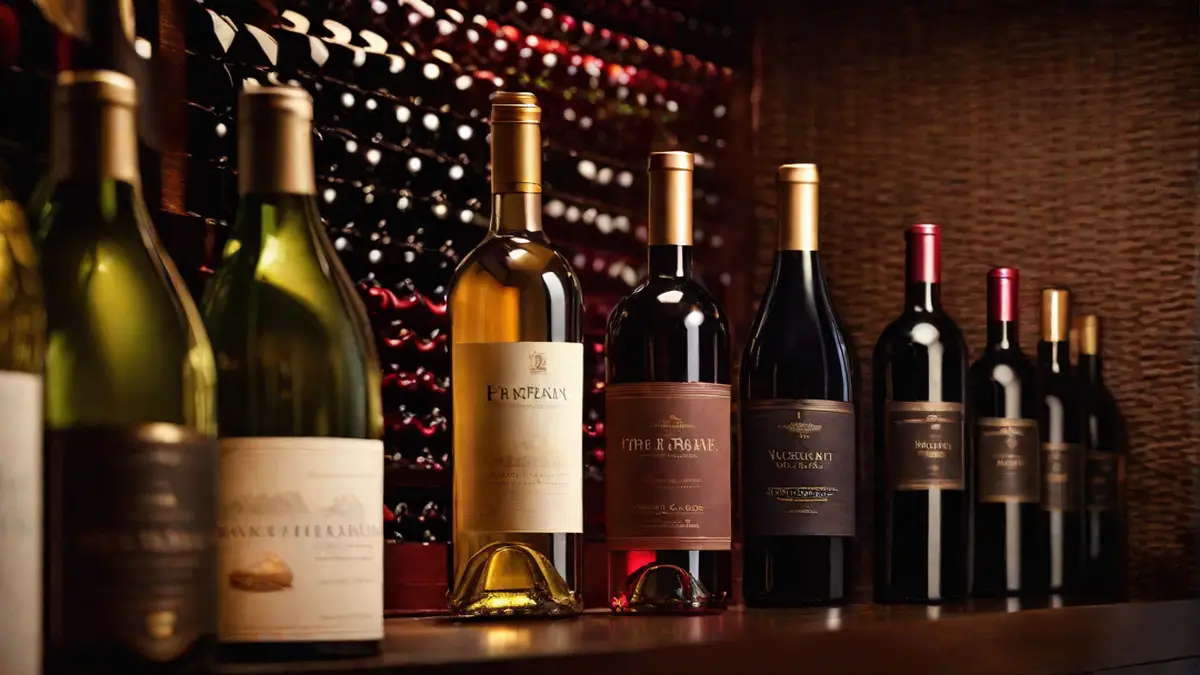Have you ever pondered about the shelf life of an uncorked bottle of wine? Being a wine aficionado, I’ve been intrigued by this subject. There have been numerous instances where I’ve unsealed a bottle of wine and only consumed a couple of glasses, leaving the remainder for a future occasion. Therefore, I took it upon myself to conduct some investigations and present my findings to you!
First, let’s address the elephant in the room – wine does not last forever, especially when exposed to oxygen. Once a bottle is opened, the wine reacts with the air, causing it to oxidize. This oxidation process alters the flavors and aromas of the wine, making it less enjoyable to drink.
However, the good news is that the shelf life of an open bottle of wine can vary depending on several factors. One important factor is the type of wine you’re dealing with. Generally, lighter wines like white, rosé, and sparkling wines tend to deteriorate faster than fuller-bodied red wines.
Another significant factor is the storage conditions. Storing your open bottle of wine in a cool, dark place can help slow down the oxidation process. This means that keeping it in the refrigerator, especially for whites and rosés, can extend its lifespan for a few days.
When it comes to red wines, they usually have a bit more staying power once opened. A red wine can typically last anywhere from 3 to 5 days after opening if stored properly. However, keep in mind that this timeframe can vary depending on the specific wine and its age. Older red wines tend to be more delicate and may lose their vibrancy more quickly.
Now, let’s talk about sparkling wines. These delicate bubbles are prone to losing their effervescence quickly once opened. To maximize the lifespan of an open bottle of sparkling wine, you can use a special sparkling wine stopper to keep the bubbles intact for up to 2-3 days.
It’s worth mentioning that a wine preservation system, such as a vacuum pump or inert gas spray, can help prolong the shelf life of an open bottle of wine. These devices remove or replace the oxygen in the bottle, slowing down the oxidation process.
However, even with the best storage conditions and preservation methods, there will come a time when the wine reaches its tipping point. At this stage, the flavors and aromas will noticeably deteriorate, and it’s best to bid farewell to that bottle.
In conclusion, the lifespan of an open bottle of wine varies depending on factors such as the type of wine, storage conditions, and preservation methods. Lighter wines tend to have a shorter shelf life, while red wines generally last a bit longer. Storing the wine in a cool, dark place and using preservation devices can help extend its lifespan. However, it’s important to remember that wine, like all things, has its limits, and eventually, it will lose its charm. So, savor every sip and enjoy your wine while it’s at its best!
